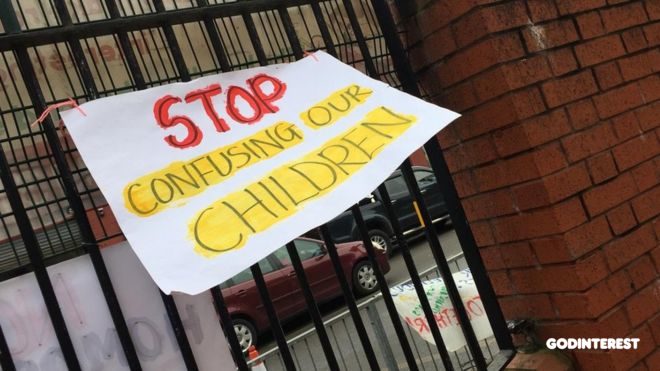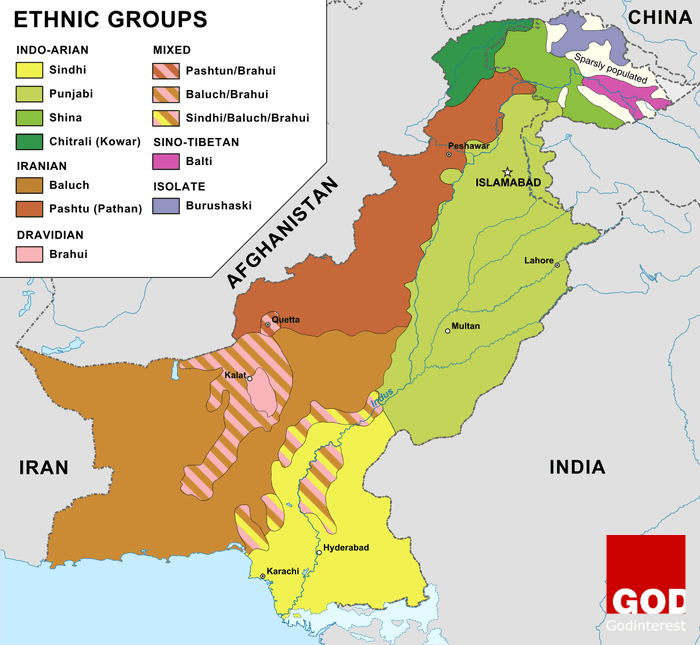Protesters against LGBT teaching at a primary school have been banned from gathering outside the gates of Anderton Park Primary School by a High Court injunction which was granted on the basis that the risk to children became “too serious to tolerate”. Birmingham City Council said the behaviour of demonstrators was “increasingly unacceptable” and that they pursued the injunction in order to protect staff and pupils when they return from their half-term break on Monday.
After months of demonstrations outside Anderton Park Primary School Birmingham City Council decided to pursue the legal action. The Council leader Ian Ward said “common sense had prevailed”.
The school had to close early before half-term due to escalating action.
The council said it sought the urgent injunction after the risk to children became “too serious to tolerate”.
Birmingham City Council
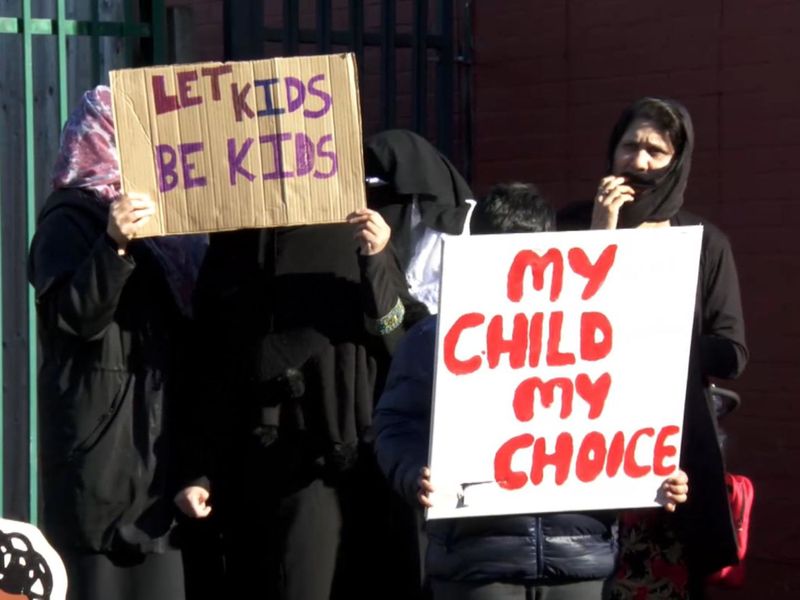
Nazir Afzal who is in charge of steering talks between the council, parents and teachers, told Sky News that six weeks of discussions have been unsuccessful.
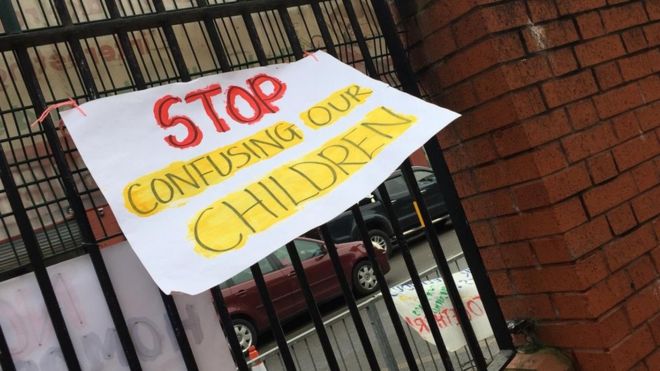
Protesters were not made aware of the High Court application but told the BBC they still intended to gather next week on a street further away from the school.
How did it all begin?
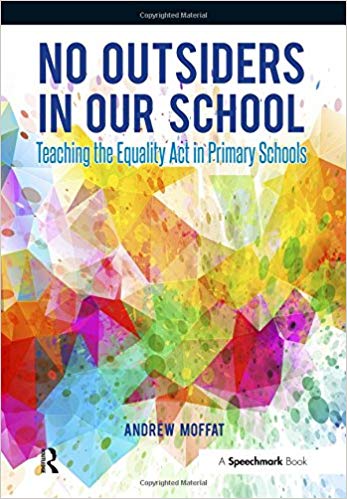
The No Outsiders project was the brainchild of Andrew Moffat, assistant head teacher at Parkfield Community School in Birmingham and based on a book written by headteacher Andrew Moffat.
In an attempt to teach equality amongst children in school irrespective of gender, sex, race or religion. The project aim was to change attitudes towards South Asian and Muslim homosexuality by teaching children about the Equality Act 2010 and British values. He also wanted pupils to “be proud of who they are while recognising and celebrating difference and diversity”.
When did controversy begin to unfold?
The Government intends to introduce compulsory Relationships Education at primary school level from 2020, which will teach children as young as five about “different types” of families.
Parents at seven primary schools in Greater Manchester have contacted school management to complain about proposed LGBT lessons.
In January this year a parent whose child attends Parkfield school raised a petition, claiming the teaching contradicted the Islamic faith.
How did the school respond to the growing anger?
The No Outsiders lessons were paused to allow teachers to “re-engage with our parents”, Mr Moffat said.
What do education chiefs say?
Ofsted has backed the No Outsiders programme, with its chief inspector Amanda Spielman saying all children must learn about same-sex couples regardless of their religious background.
Respecting parents
The Christian Institute’s Education Officer John Denning said respecting parents is “essential”.
“The protests reflect the lack of confidence parents have that schools are observing the proper boundaries of their role.
“The law is clear that teachers must respect the range of views amongst parents and not undermine them with one-sided propaganda.”
“It is being justified by claiming that it is required by the Equality Act, but the Act is explicit that it does not apply to the school curriculum.”


